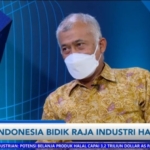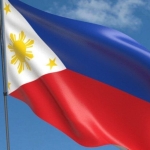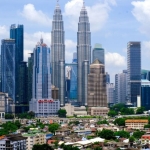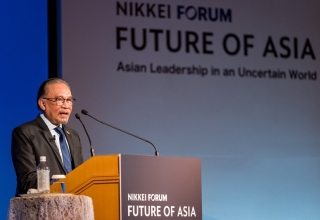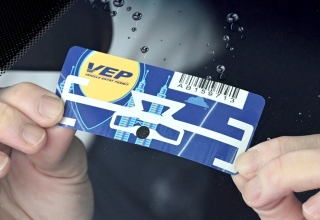
The halal industry is a fast-growing and lucrative sector that covers various products and services that comply with the Islamic principles and standards.
According to a 2022 report by the International Islamic Trade Finance Corporation (ITFC), the global halal market size reached $2.6 trillion in 2020, and is expected to grow at a compound annual growth rate (CAGR) of 6.1% to reach $3.9 trillion by 2026.
The halal industry encompasses various segments, such as food and beverages, cosmetics and personal care, pharmaceuticals and health care, tourism and hospitality, fashion and lifestyle, and media and entertainment.
The Philippines and Malaysia, as two of the largest Muslim-majority countries in Southeast Asia, have a huge potential to tap into the halal industry, both as producers and consumers. The Philippines has a population of about 110 million, of which about 11% are Muslims, mostly concentrated in the Bangsamoro Autonomous Region in Muslim Mindanao (BARMM). Malaysia has a population of about 33 million, of which about 61% are Muslims, mostly belonging to the Malay ethnic group. Both countries have a large and young demographic, with a median age of 26 and 30, respectively. These factors create a high demand and a favorable market for halal products and services in both countries.
However, both countries also face some challenges and obstacles in developing and expanding their halal industry, such as the lack of standardization and certification, the limited awareness and knowledge, the insufficient infrastructure and facilities, the fierce competition and the changing consumer preferences. To overcome these challenges and to seize the opportunities, both countries need to adopt a holistic and strategic approach that involves the government, the private sector, the academia, and the civil society.
The collaboration and opportunities between the Philippines and Malaysia
The Philippines and Malaysia have agreed to strengthen their collaboration and cooperation in the halal industry, as part of their broader partnership in the information and communications technology (ICT) sector. The two countries held a bilateral meeting on January 15, 2024, in Manila, where they discussed potential areas of collaboration on ICT-related programs, such as digital transformation, e-commerce, cybersecurity, and innovation.
One of the main topics of discussion was the halal industry, which both countries recognized as a key driver of economic growth and social development. The two countries agreed to share their best practices and experiences, and to explore joint initiatives and projects, such as the development of halal standards and certification, the promotion of halal trade and investment, the enhancement of halal tourism and education, and the support of halal startups and entrepreneurs.
Keep Reading
The prospects and the future of the halal industry
The halal industry in the digital age is a dynamic and promising sector that offers many possibilities and potentials for the Philippines and Malaysia, as well as for the rest of the world.
The halal industry is not only a source of income and employment, but also a value proposition that adds economic and industry development value while considering elements of Environmental, Social, and Governance (ESG). The halal industry is not only a niche market, but also a mainstream market that caters to the needs and preferences of a diverse and growing consumer base. The halal industry is not only a traditional industry, but also a modern and innovative industry that leverages the power and potential of digital technologies and solutions.
The future of the halal industry depends on the vision and the action of the stakeholders and the players involved, such as the government, the private sector, the academia, and the civil society. They need to work together to create a conducive and supportive ecosystem that enables the growth and the sustainability of the halal industry.
They also need to address the challenges and the issues that may hinder or hamper the development and the expansion of the halal industry, such as the lack of awareness and knowledge, the inconsistency and the ambiguity of the standards and the certification, the inadequacy and the inefficiency of the infrastructure and the facilities, the competition and the disruption of the market, and the changing and the evolving consumer behavior and demand.
The halal industry in the digital age is a sector that requires attention and intervention, as well as collaboration and cooperation, from all the parties concerned. The halal industry is a sector that offers opportunities and benefits, as well as responsibilities and obligations, for all the parties involved. The halal industry is a sector that has a past and a present, as well as a future and a potential, for all the parties interested.
